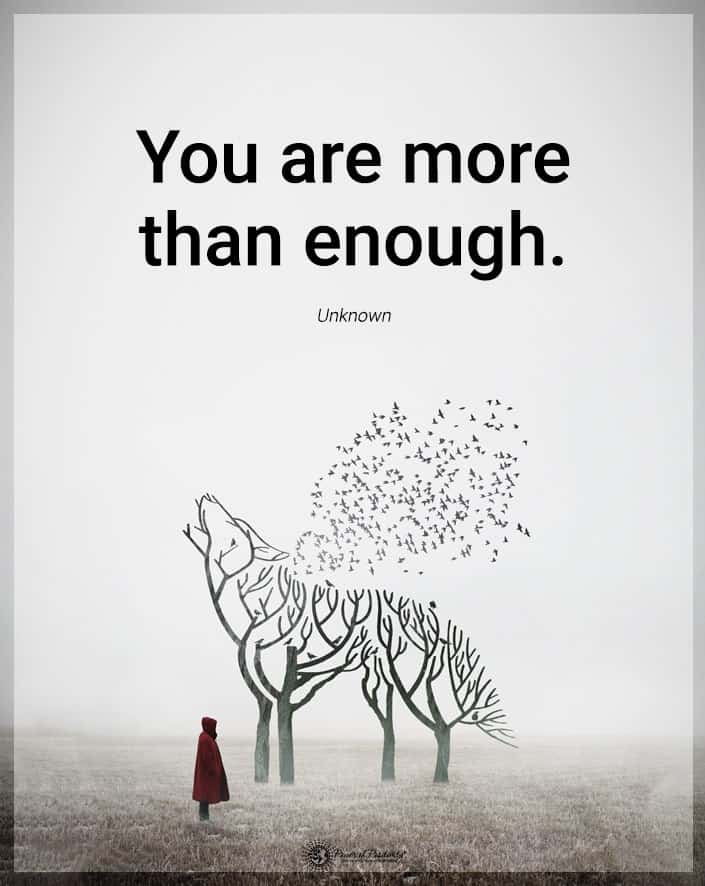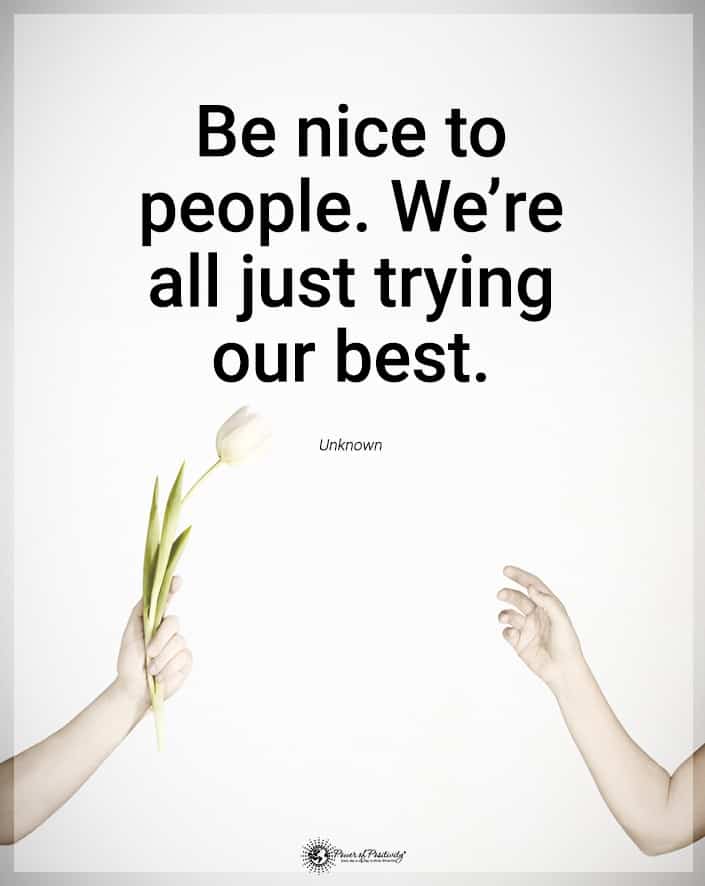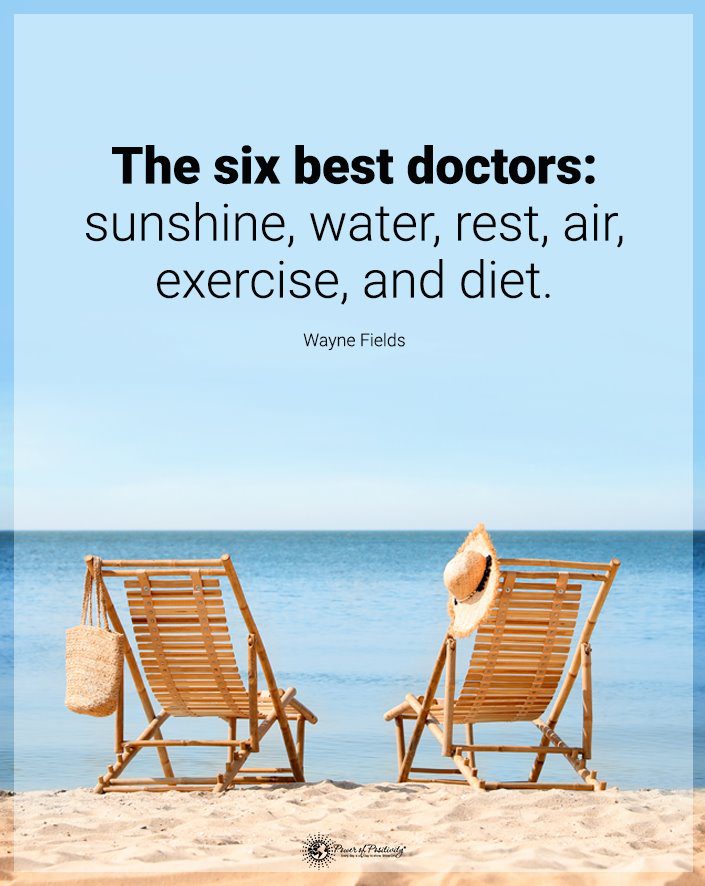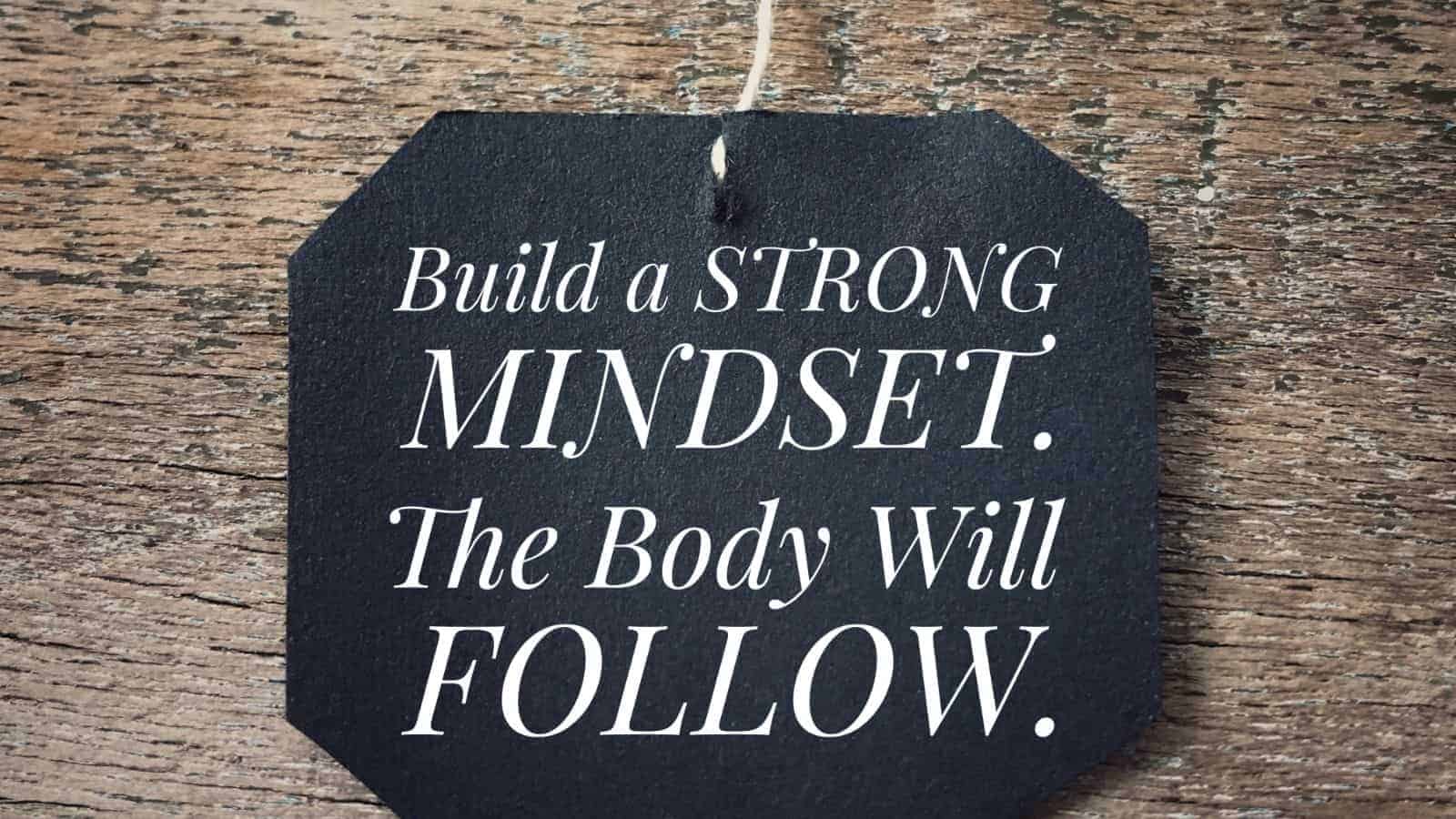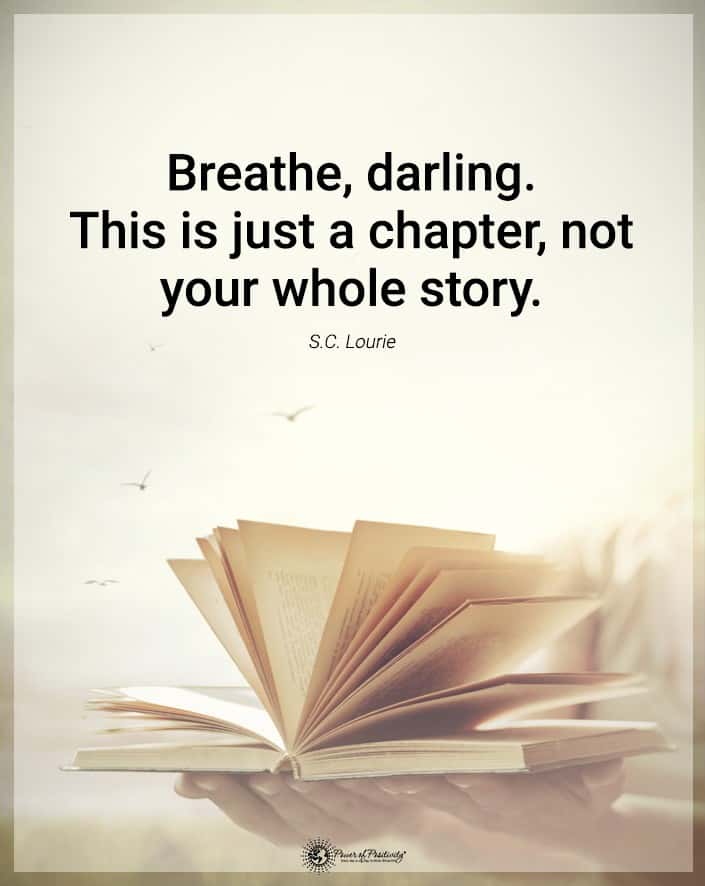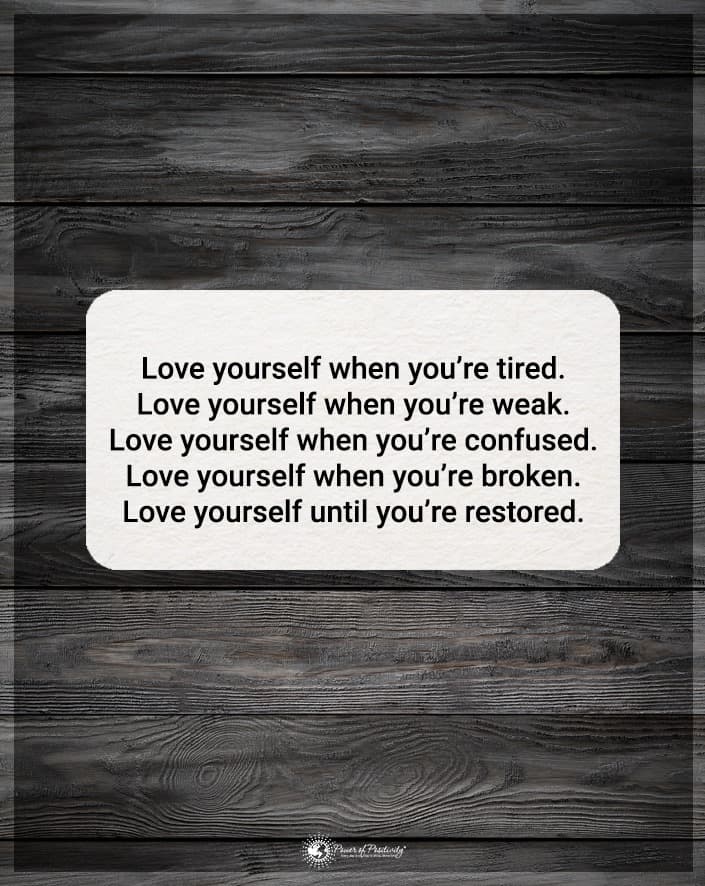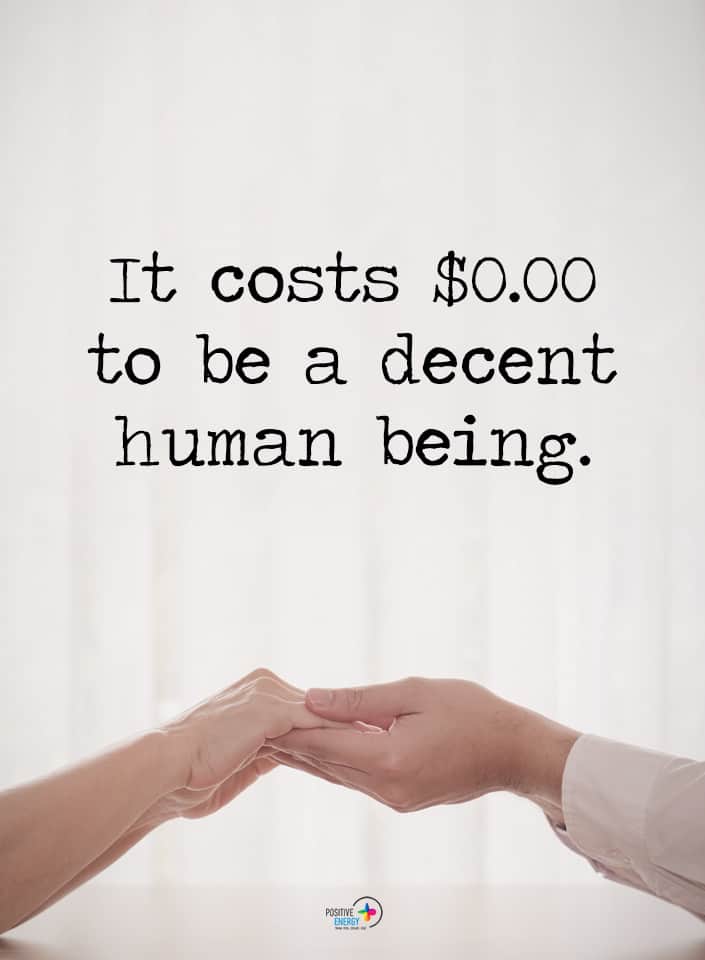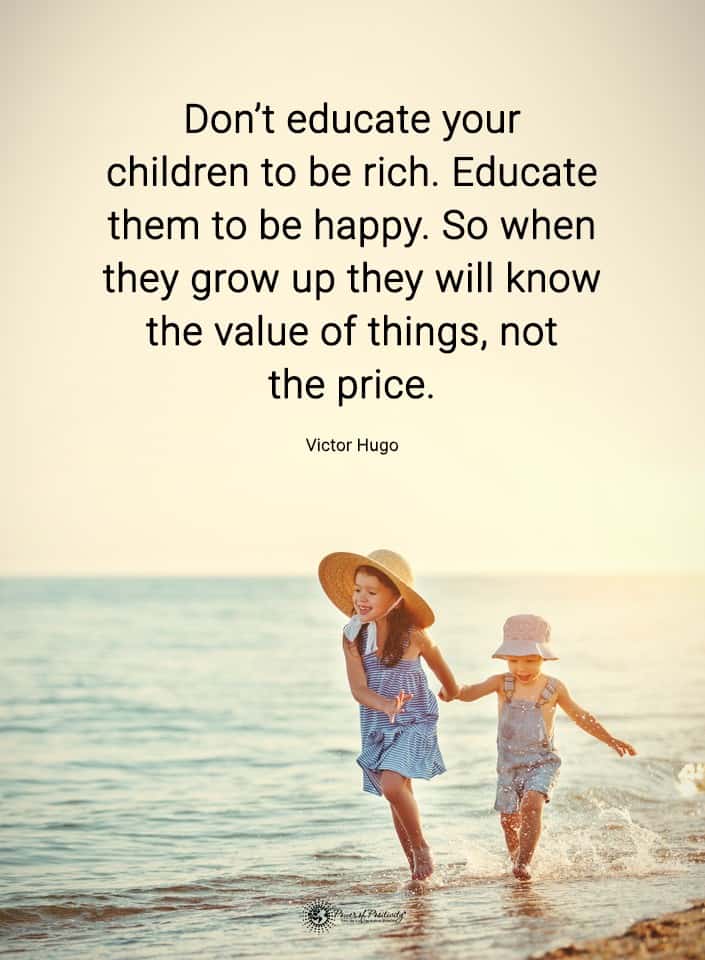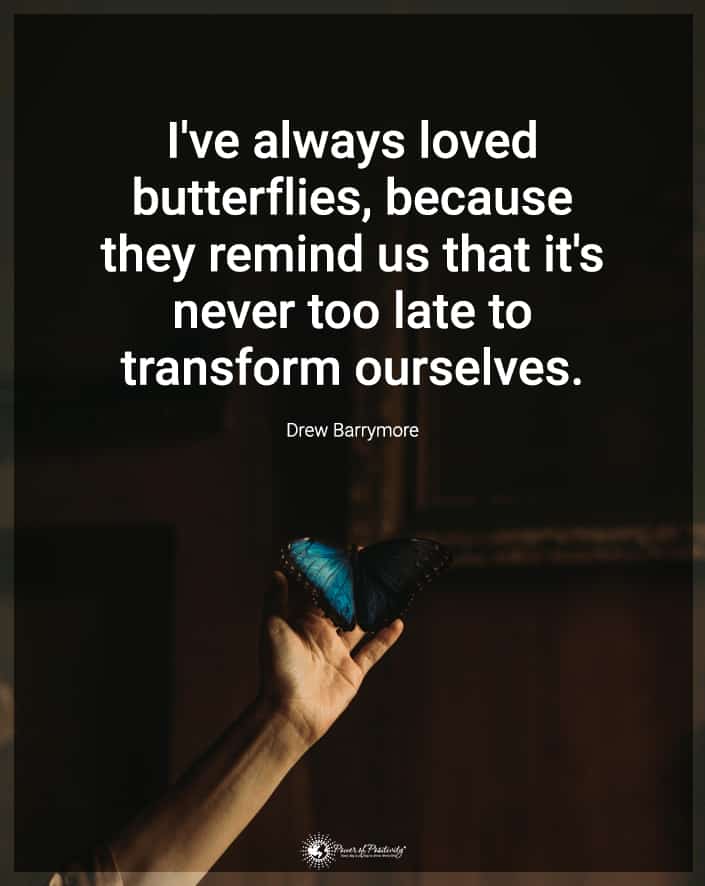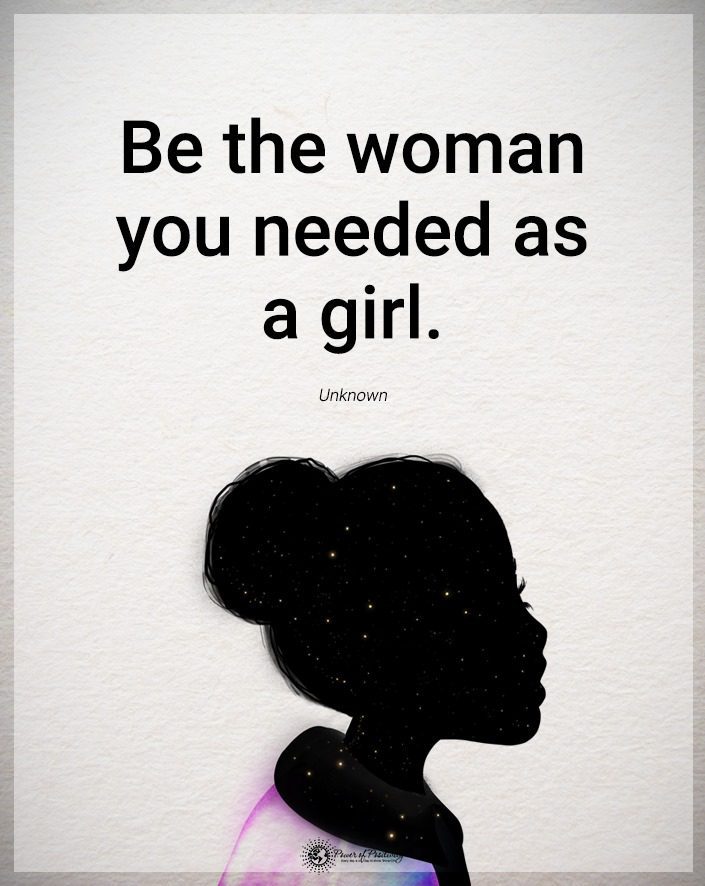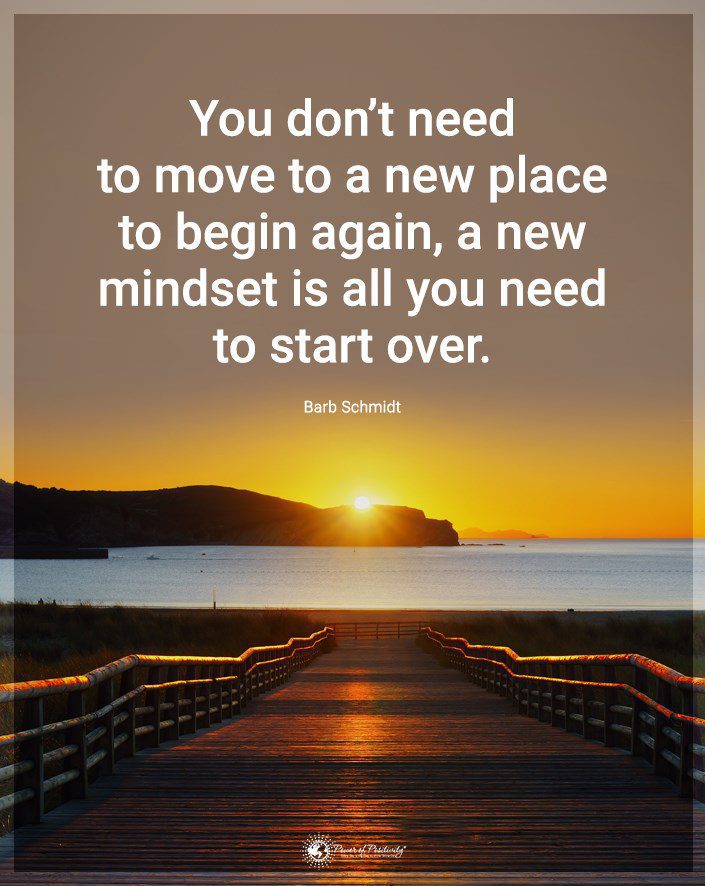Social media plays a central role in our lives and the lives of teens. Teenagers spend more time scrolling through their news feed and reacting to their friends’ posts. While it seems like a negative part of their life, it can be great if they implement some healthy social media habits.
Teenagers need socialization, and connecting with their peers gives them a sense of self. They turn to YouTube, Discord, Instagram, Snapchat, TikTok, and other platforms to socialize with peers and express themselves. You can prevent the development of addictive habits by teaching them to prioritize their well-being.
While there are negative aspects to social media, there can be benefits instead. Social media isn’t going away, so the only thing to do is learn about healthy social media habits for teenagers. If you understand healthy habits, you can teach teenagers to practice them, making their experience beneficial.
The Benefits of Social Media
You might be surprised to learn there are many positive aspects to social media. With all of the news about scary things that happen online, it’s hard to see past it. However, these benefits of social media might help you see things differently.
Social media allows teenagers to:
- Gather information and news
- Stay connected to people in your life
- Express themselves artistically and creatively
- Find humor
- Learn something new
- Gain inspiration
- Feel connected to the world around them
- Experiment with identity
- Share their opinions
- Find entertainment
Twelve Healthy Social Media Habits for Teenagers
Healthy Social Media Habit #1 – Be Mindful and Use Social Media for Good
Social media connects teenagers to their friends and family, providing a powerful tool for sharing goodness. It also gives them a platform for doing and promoting good in the world around them.
If your teen isn’t sure what it means to use social media for good, spend time brainstorming with them. Come up with ideas together for using the internet positively. Talk about raising awareness on important issues, spreading positive messages, or highlighting their work.
When using social media for good, teenagers should also avoid negative self-talk. It’s easy to compare yourself to other people on the internet, but it causes negativity. Teach teenagers to be mindful of their thoughts as they scroll through their social media feeds.
Healthy Social Media Habit #2 – Talk Openly About Social Media
When you talk openly about social media, it creates a safe space for your teenager. They’ll feel comfortable sharing their struggles and celebrations that occur online. It also encourages them to talk to you when they need an outlet away from their online connections.
Start the discussion by asking which social media apps your teenagers are using. As your teen explains each one, ask questions but avoid sounding judgmental. You don’t want your teen to feel like they can’t openly and comfortably talk to you about these things.
Don’t freak out or say anything harsh if you disagree with their online activity. You don’t want teenagers to start hiding their posts or concealing which apps they’re on. There’s a fine line between talking openly and offering a lecture, and you should always avoid the latter.
Healthy Social Media Habit #3 – Spend Time with Real-life Friends
Social media is great for staying in contact with long-distance friends and family. However, it shouldn’t be the only form of socialization teenagers participate in. A healthy social media habit is to use platforms as an extra tool for nurturing real-life friendships.
Teenagers should still have an interpersonal connection with the people they’re closest to. If in-person conversations aren’t possible, teens should aim to include phone calls, video chats, and text messages in their daily lives.
Healthy Social Media Habit #4 – Fact Check Any News That Comes Across Social Media
It’s crucial to teach teenagers that what they read on social media isn’t always true. If they make it a habit to fact-check everything they read, they’ll develop essential skills. They’ll be able to differentiate between reliable and unreliable resources, helping them understand which things are real.
Fact-checking helps them keep their guard up when socializing online. Even famous people share misinformation sometimes, so it’s essential to teach teenagers and help them develop healthy habits.
Healthy Social Media Habit #5 – Don’t Use It as a Way to Cope
Many people, including adults, use social media as a coping mechanism. They turn to technology for comfort, but it only deepens negative feelings long-term. Instead, teenagers should recognize that being active, spending time with real-life friends, or expressing creativity are more beneficial coping techniques.
If teenagers know positive coping mechanisms, they’re less likely to use social media as a way to cope. It helps them develop healthy social media habits as they know when to disconnect.
Healthy Social Media Habit #6 – Separate Smartphones and Schoolwork
If someone wants to look at their phone, they won’t be able to focus on anything else for long. Teenagers should make a habit of leaving their phones in another room when doing schoolwork. Keeping it out of reach prevents distractions from wanting to scroll through social media as often.
If your teenager is safe at home, there’s no reason they need to be attached to their phone. Please encourage them to leave it sometimes, allowing them to focus on and process their schoolwork without distraction.
Healthy Social Media Habit #7 – Be Picky About What and Who They Follow
Many people don’t realize they can curate their feed. Curating is when they control what they see and hear on social media. When choosing what will appear in their feed, teens can ask themselves the following questions:
- Does it make me feel bad about myself?
- Is it giving me a negative perspective on the world around me?
- Does it add drama or stress to my life?
Teenagers with healthy social media habits will unfollow people or pages that cause these situations and feelings. They’ll focus on filling their platforms will positivity and joy.
Healthy Social Media Habit #8 – Don’t Post Anything Without Thinking About It First
Teenagers should know to think about what they post before making it public. People often overshare online, leading to humiliation, cyberbullying, and other traumatic situations. Teach your teenager to consider whether their post is accurate, kind, or helpful.
Please encourage them to post only things they would be comfortable saying in public. Their post should also make them feel good about themselves and not cause anxiety for days to come. If it could cause any of these problems, it’s best to resist sharing it.
Healthy Social Media Habit #9 – Avoid Scrolling Before Bed
Many teenagers like to check their social media feeds before going to bed at night, but it’s a bad habit to practice. The blue light from electronic devices negatively impacts their sleep quality.
If they don’t get enough sleep, they can’t regulate their mood the next day. Avoiding social media before bed can make a difference in how much quality sleep they get each night.
Healthy Social Media Habit #10 – Set Time Limits and Take Frequent Breaks
Teenagers sometimes struggle to put their phones down and connect with the world around them. Enforcing time limits and frequent breaks makes them less susceptible to distraction.
If it helps, teach them to set their phone to “do not disturb” for a few hours each day. Then, their phone won’t vibrate or make noise during their social media break.
Encourage them to take breaks while leaving their phone behind, too. Studies show that those who spend less time on social media have a more positive mindset, making it essential to their well-being.
Additionally, if a teen notices that social media makes them anxious or depressed, they should take a break from it. They don’t have to sign in every day if it isn’t good for their mental health.
Healthy Social Media Habit #11 – Set and Enforce Personal Boundaries
Research shows that anxiety and depression eased when people spent less time online. Encourage teens to limit their time on social media by setting time limits and creating no-phone zones in your home. Consider making the dining room a place where phones aren’t allowed to encourage more familial bonding.
You can also teach teenagers to be intentional when using social media. If they have a reason for logging in, they’ll be more likely to stick to their boundaries. They’ll also be more aware of the type of material they’re seeing and hearing.
Healthy Social Media Habit #12 – Living in the Moment
If teenagers can live in the moment, they’ll create more lifelong memories. They won’t miss out on experiences and opportunities, and they’ll form strong bonds with the people in their life.
Teach teenagers that they don’t always have to have the perfect photo to share. Instead, they should put their phone down and live fully in the moment.
How Adults Can Teach Teenagers to Stay Safe Online
If you want to encourage your teenagers to develop and maintain healthy social media habits, you must model the behavior. Implement healthy behaviors yourself, and avoid using your phone in ways you teach them not to. Your teenagers learn so much from watching you, so set the example you want them to follow.
Final Thoughts on the Research That Shows How to Preserve the Mental Health of Teens in an Online World
These healthy social media habits for teenagers can make all the difference in their lives. It’ll help them focus on the essential things, including schoolwork and real-life relationships. Practicing good habits also improves their mental health and overall well-being.
Remember to model positive habits for your teenagers, giving them a good role model to look up to. You can’t control everything your teen does online, but you can teach them to be safe and respect themselves and others.

